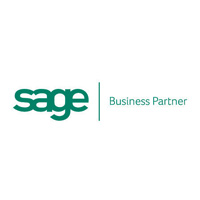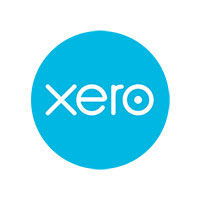
From 1 April 2019, Academy Trusts must report all related party transactions to the ESFA and seek prior approval from the ESFA for related party transactions over £20,000.
Who is a Related Party?
Related parties are defined as per Section 33 of FRS102 which can be found here.
In the context of Academies this refers to trustees and members, but may also include the key management who are not trustees or members. It includes any close family members or associated organisations. Related-party transactions are dealings between Academy Trusts and linked private individuals or companies. For example, a trust buying services from a company run by one of its members or trustees, or one of their family members, counts as a related-party transaction.
When dealing with related parties, Academy Trusts must ensure:
- trustees avoid conflicts of interest by declaring interest in any proposed transactions and not accepting benefits from third parties
- no related party uses their connection to the trust for personal gain
- payments to certain related parties must satisfy the ‘at cost’ requirements (detailed below).
When to Seek Approval
For all transactions from 1st April 2019, Academy Trusts must seek approval from the ESFA before confirming the transaction with the related party supplier when:
- a single contract or agreement with a related party exceeds £20,000
- a contract or agreement of any value means the total value of contracts or agreements with the same related party exceeds £20,000 in a financial year
- a transaction with a related party is ‘novel, contentious and/or repercussive’. This includes transactions with which the trust has no experience, or are outside its range of normal business, transactions that might cause criticism of the trust by Parliament, the public or the media, and transactions that are likely to cause pressure on other trusts to take a similar line of action.
For the purposes of reporting and approvals, transactions with related parties do not include salaries and other payments made by the Trust to a person under a contract of employment through the Trust’s payroll. Income transactions are also excluded.
If a transaction with a related party falls below the limits/circumstances described above it must be reported to the ESFA before the transaction is undertaken using the online form but prior approval is not required.
How to Seek Approval
Academy trusts must declare or seek approval from the Education and Skills Funding Agency (ESFA) using the related party transactions online form.
You need to log on to the governments’ identity and Access Management Service (IDAMS) system to use the form. The ESFA aim to respond to these requests within 10 working days.
A reminder of “at cost” requirements
A trust must pay no more than ‘cost’ for goods or services provided to it by the following persons:
- any member or trustee of the Academy Trust
- any individual or organisation related to a member or trustee of the Academy Trust.
The following are considered to be related to a member, or trustee:- a relative of the member or trustee
- an individual or organisation carrying on business in partnership with the member, trustee or a relative of the member or trustee
- a company in which a member and/or the relative of a member holds more than 20% of the share capital or is entitled to exercise more than 20% of the voting power at a general meeting
- an organisation that is controlled by a member and/or the relative of a member, and/or a trustee or the relative of a trustee
- an individual or organisation given the right under the trust’s articles of association to appoint a member or trustee of the Academy Trust, or anybody connected to such individual or organisation
- an individual or organisation recognised by the Secretary of State as a sponsor of the Academy Trust, or anybody connected to such individual or organisation
“At cost” requires goods and services provided to the Trust will be at “full cost” of resources used and not include an element of profit for transactions above £2,500 cumulatively in one financial year. A statement of assurance must be obtained from the supplier to confirm that the at cost requirement has been met and there is an understanding that an “open book agreement” is in place that can demonstrate that the at cost requirement is met.
For more regulations applying to related parties, visit the Academies Financial Handbook 2018 or contact us on .




